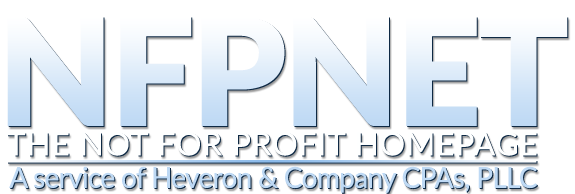Workers Compensation and Unemployment Guidance for NYS Charities
There is a lot of confusion about the need for workers compensation, federal and New York State unemployment by charities and other nonprofits. Here is a summary of the rules.
I will start with workers compensation because the penalties for lapses in coverage can be extreme.
You don’t have to cover board members or other volunteers with workers compensation, but remember volunteers are individuals who aren’t paid salary, stipends or perks that have monetary value.
Board members who receive compensation from a charitable organization are also exempt as long as they perform no manual labor.
Paid clergy and members of religious orders are exempt from mandatory coverage but can elect coverage
Similarly, paid individuals teaching for a religious, charitable or educational institution are also exempt from mandatory coverage.
Paid individuals who perform non-manual services for religious, charitable or educational organization are also exempt from mandatory coverage, but manual labor includes everything from filing and playing musical instruments to shoveling snow and mowing lawns.
Individuals receiving rehabilitation in a sheltered workshop and those in similar circumstances, who receive aid from a charity and perform work in return for such aid, are exempt from coverage.
Federal Unemployment, charities exempt under Internal Revenue Code section 501(c)(3) are automatically exempt from federal unemployment. They are subject to New York State Unemployment but they may elect to opt out of payment of quarterly unemployment tax and alternatively reimburse the state for unemployment claims that are made. The registration is made on form NYS-100N.
In addition, certain nonprofit employees are exempt from New York State unemployment including:
ordained clergy members
members of religious orders
lay members of religious orders engaged in religious functions
caretakers for religious organizations
sheltered workshop, rehabilitation, and youth service program participants, but they all must meet certain requirements.
Call us or check New York State Department of Labor website for more information
Be sure you are clear on the rules before you exclude individuals from coverage. Penalties can be extremely high.
